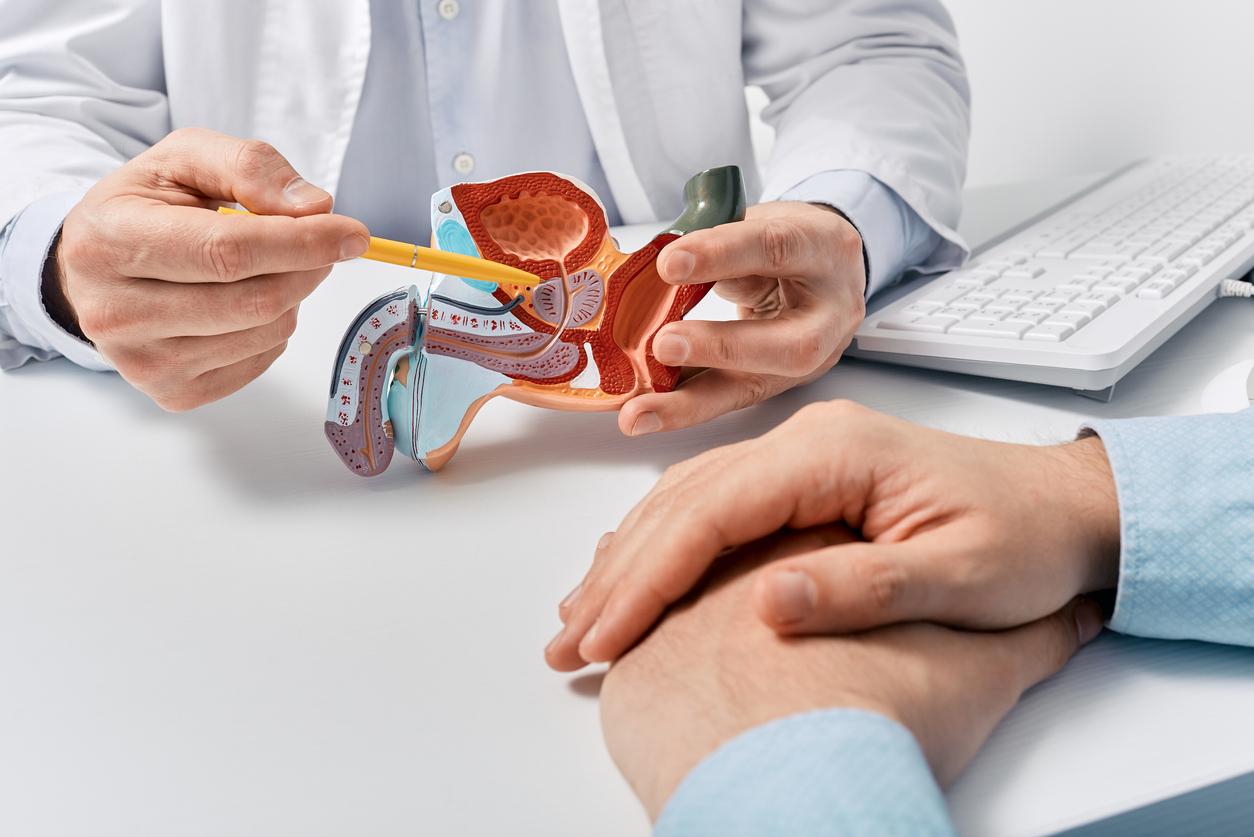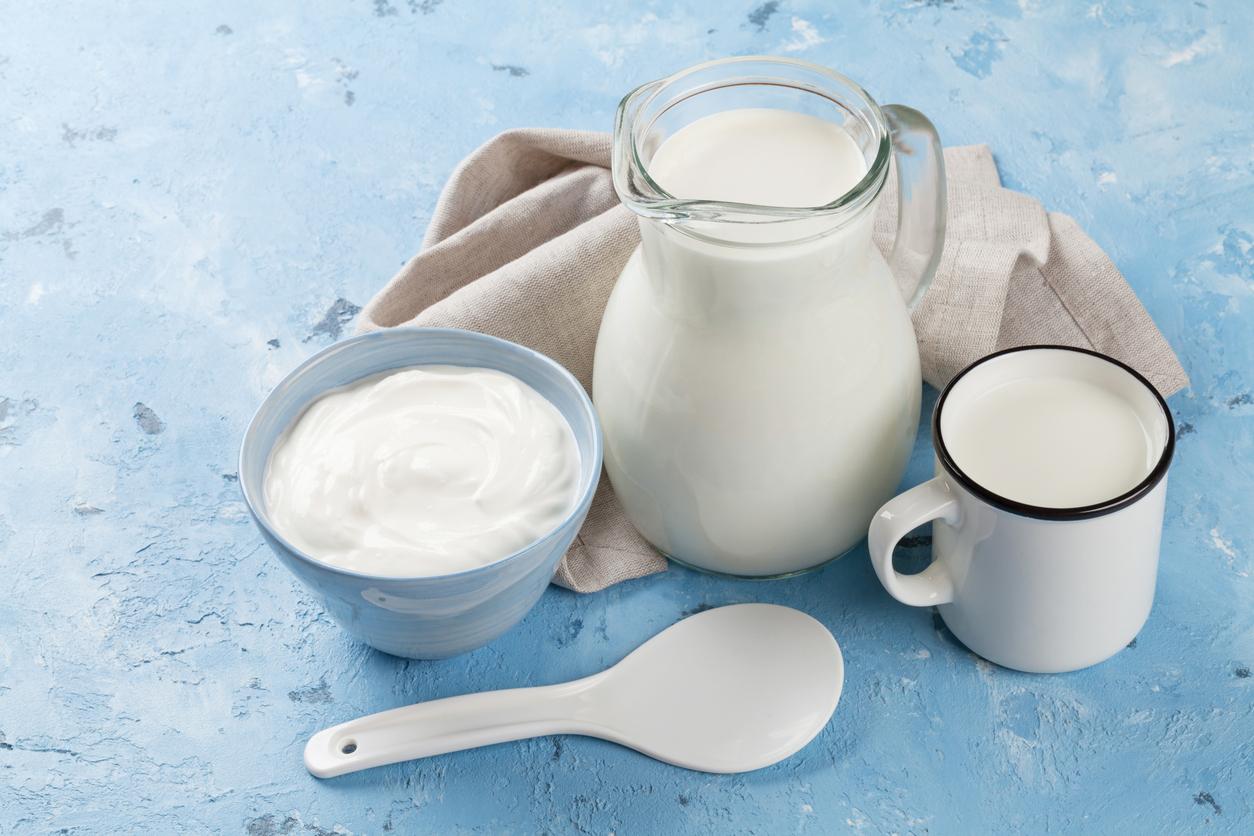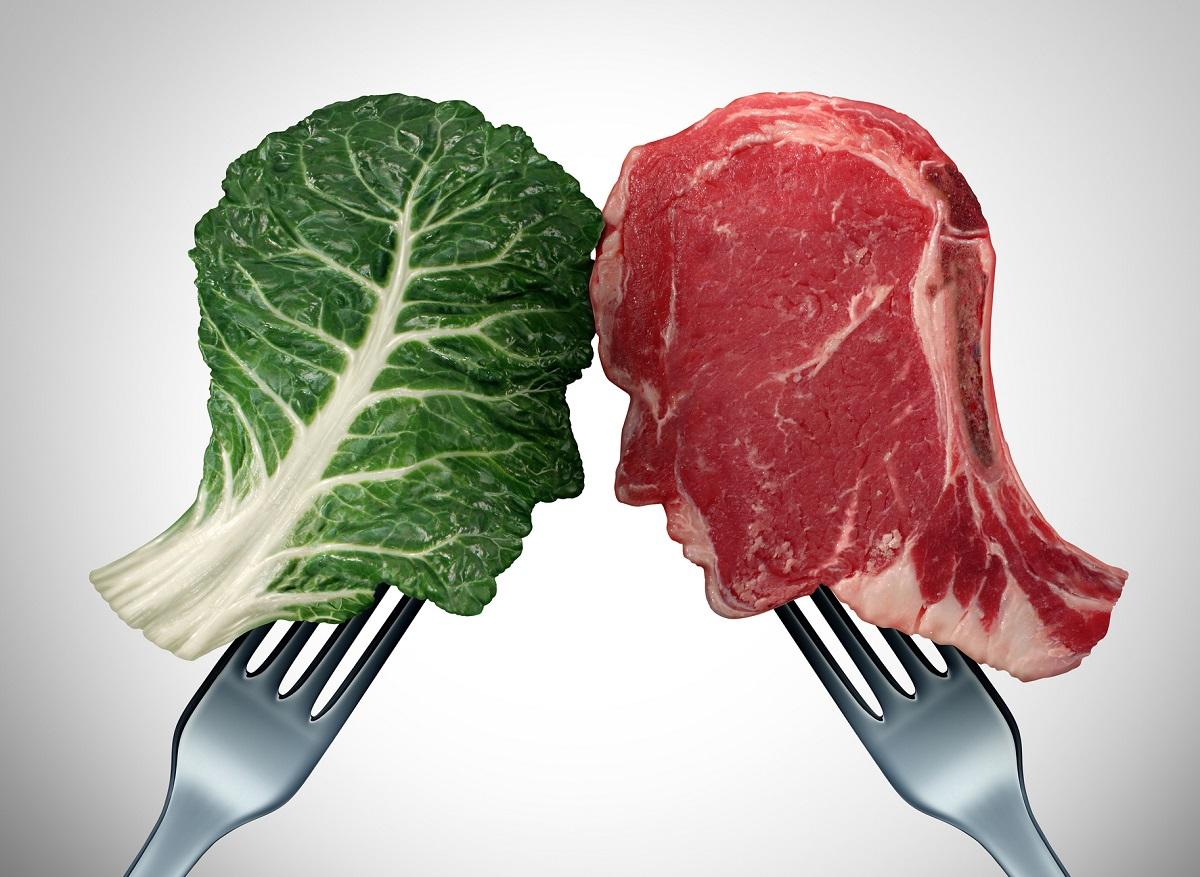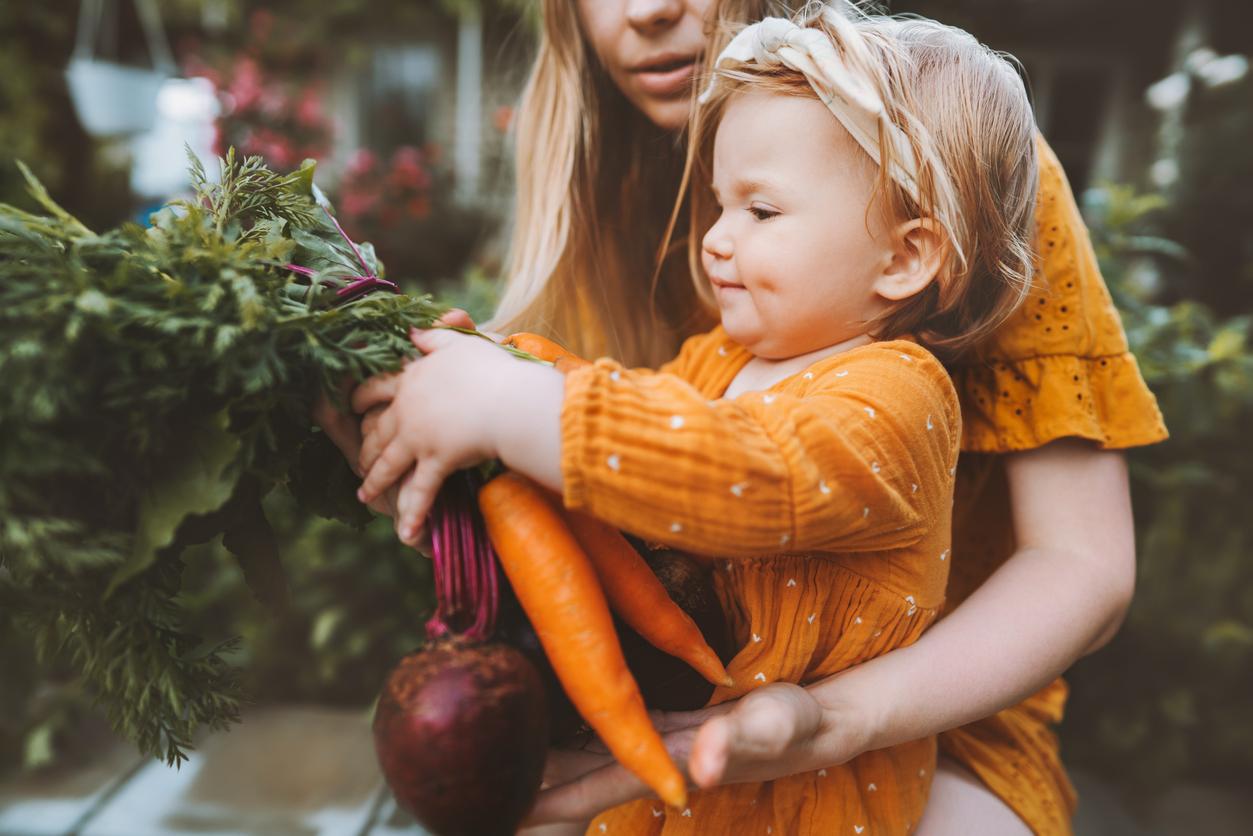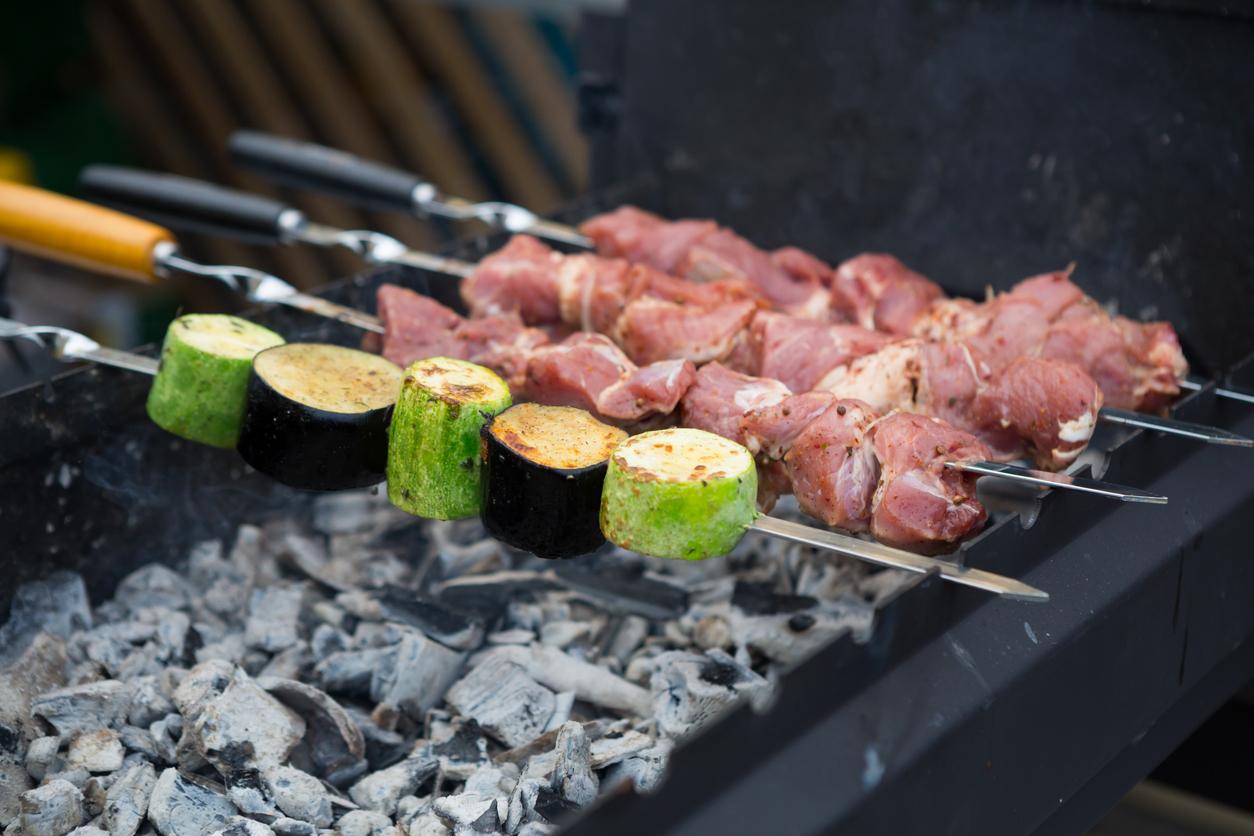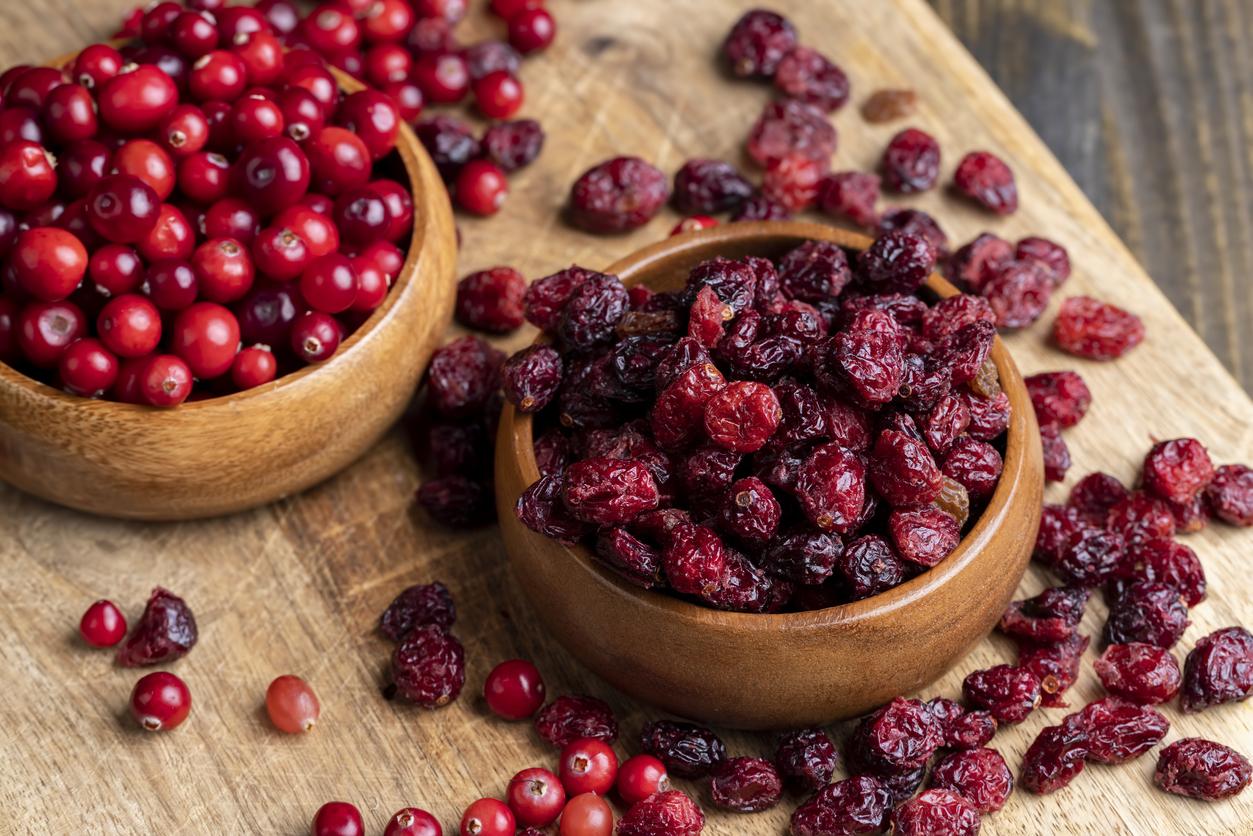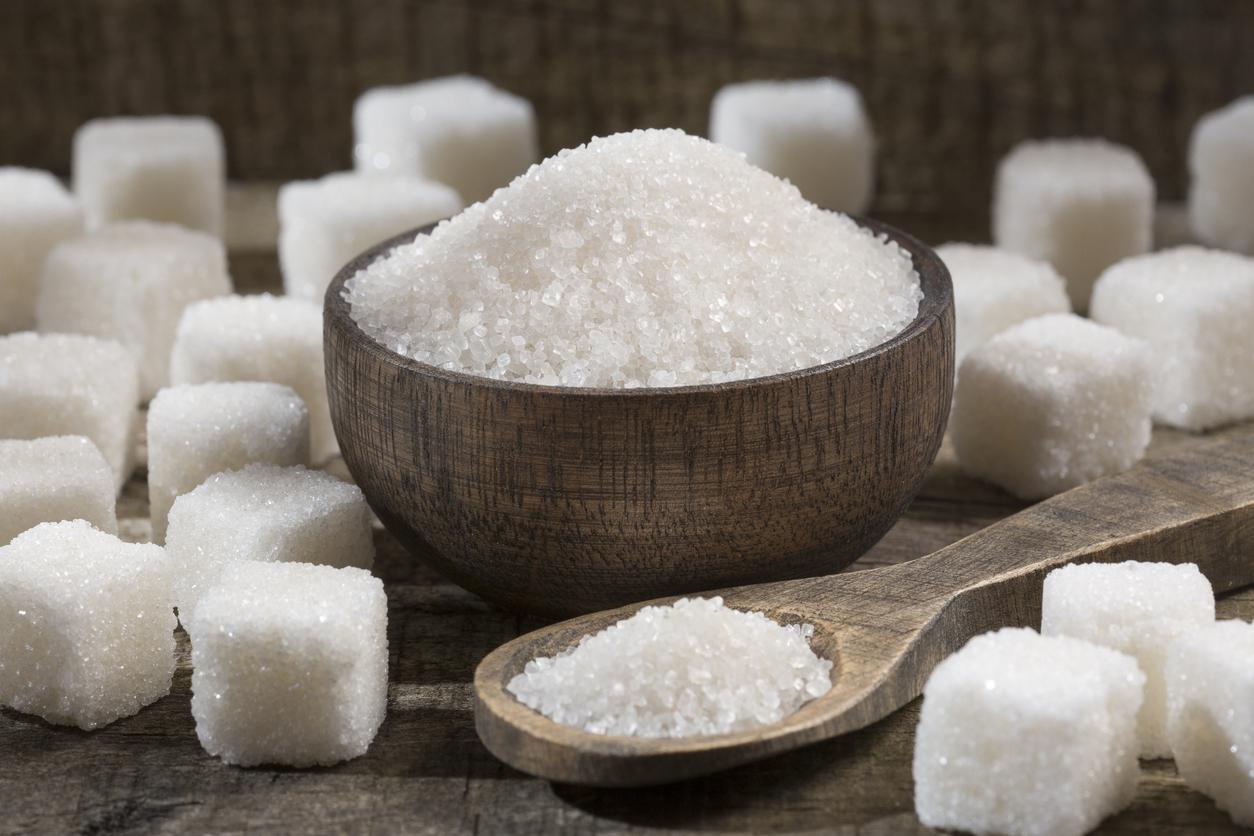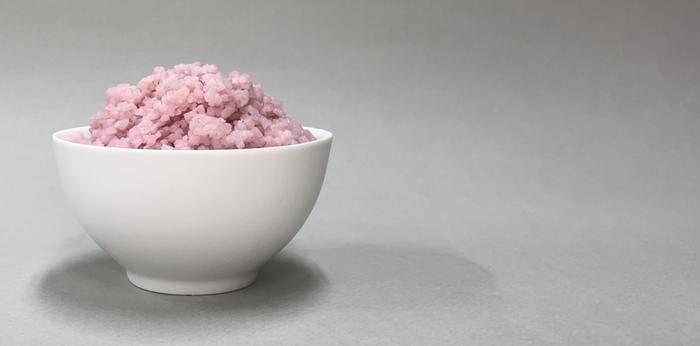According to a Crédoc report from 2018, meat consumption has dropped by 12% in 10 years. A 2017 Ifop/WWF poll indicates that 67% of French people are ready to reduce their consumption of animal proteins to favor better quality products. The health crises of recent decades (mad cow disease, avian flu, horsemeat lasagna, etc.) have marked a turning point.
Consumers want more transparency on the origin of the meat and the conditions in which the animals are raised. Concern for animal welfare, but also for the environmental impact of meat production – greenhouse gas emissions, soil pollution, water consumption, deforestation, etc. – accentuates the trend.
The rise of flexitarianism
In 2018, the word “flexitarian” made its entry into “Le Petit Robert”, for which it means “who limits his consumption of meat, without being exclusively vegetarian”. The same year, an Ifop/Lesieur study showed that 9% of French people were flexitarians and that 43% planned to be! “Eating less meat has a double health effect: it reduces the inflammatory elements present in meat (iron, arachidonic acid, leucine, etc.) and increases the plants that provide protective substances (fibers, vitamins, polyphenols, etc.) against many diseases, emphasizes Dr. Jean-Paul Curtay, doctor specializing in nutrition therapy. Putting more vegetables on the menu has several health benefits, provided you compose your plate well.
We are getting there gradually
People who eat few whole grains and legumes can gradually increase their share by reducing that of animal protein by the same amount, to give the microbiota time to develop the bacteria responsible for digesting them.. You can start by tasting them in the form of soup, mashed potatoes or hummus, which are better tolerated.
- To know : soaking legumes before cooking with thyme, savory, cumin or kombu seaweed improves their digestibility.
Our Experts:
- Dr Jean-Paul Curtay, doctor specializing in nutritherapy
- Dr Jean-Michel Lecerf, nutritionist and endocrinologist, head of the nutrition department at the Institut Pasteur de Lille
Read also :
- Flexitarian diet: 7 days of menus
- Raw food: 4 tips to get started gently
- Raw or cooked: which is healthier?



